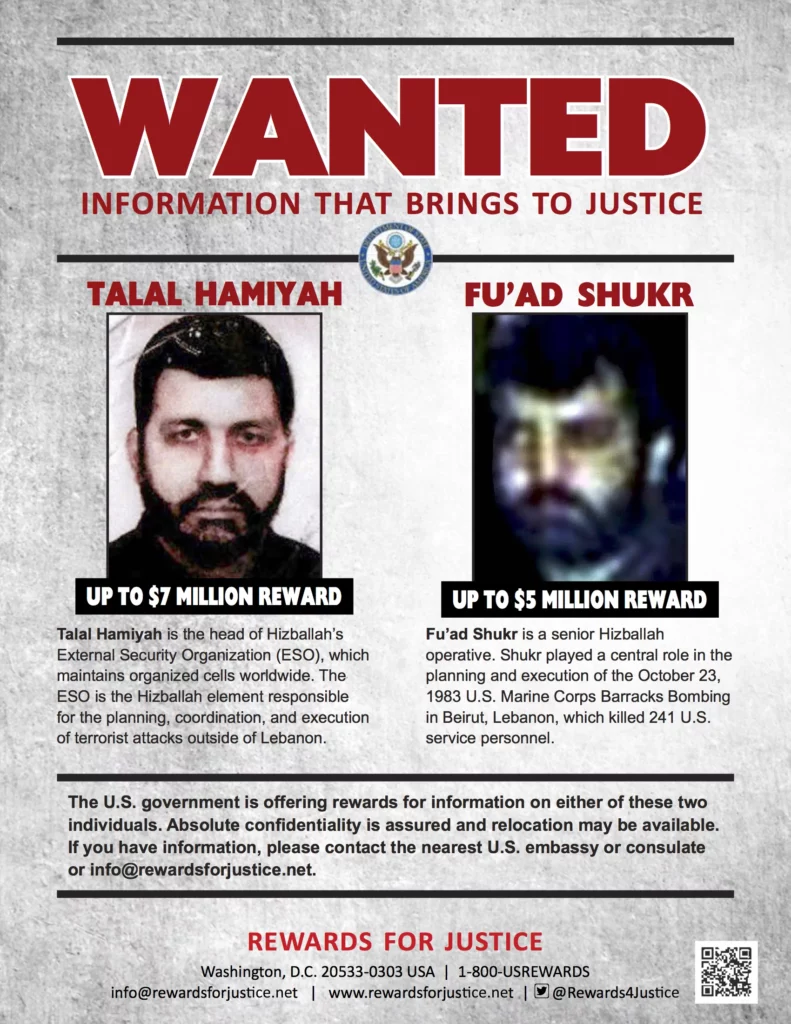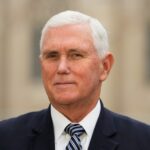
Fuad Shukr was a senior commander and military adviser to Hezbollah leader Hassan Nasrallah.
Israeli officials confirmed Tuesday night that Shukr, also known as Hajj Mohsin, was killed in a strike on Beirut.
This strike comes after Hezbollah’s attack on Saturday, which targeted the Israeli-controlled Golan Heights and resulted in the deaths of 12 children and teenagers.

“Today, July 30, 2024, in a targeted, intelligence-based elimination, Israeli Air Force fighter jets eliminated the Hezbollah terrorist organization’s most senior military commander and the head of its Strategic Unit, Fuad Shukr,” an Israeli military spokesperson announced in a statement.
Shukr was also wanted by the U.S. government for his involvement in the 1983 bombing of the U.S. Marine Corps barracks in Beirut, which killed roughly 300 American and French soldiers and wounded hundreds more.
After that attack, the U.S. State Department posted a bounty of up to $5 million for information on his location.

ISRAEL WAR: WHAT WOULD A WAR BETWEEN HEZBOLLAH AND ISRAEL LOOK LIKE?
According to Israeli media, Shukr had been a member of Hezbollah for around 30 years, serving as the chief of its military wing and considered the second-in-command.
In 2016, after the killing of senior Hezbollah commander Mustafa Badreddine in Syria, Shukr was reported to assume some of his responsibilities.
In 2019, the State Department sanctioned Shukr, labeling him as a “Specially Designated Global Terrorist” under “Executive Order 13224,” which enables the United States to block funding to terrorists.

Matthew Levitt, an expert on Hezbollah at the Washington Institute for Near East Policy, explained that Shukr played a key role in several of the group’s major attacks.
For instance, he oversaw Hezbollah’s military operations in southern Lebanon, which was occupied by Israel until its withdrawal in 2000.
CLICK HERE TO READ MORE FROM THE WASHINGTON EXAMINER
After Badreddine’s killing, he took on a prominent role in commanding the group in Syria and eventually secured one of the top positions in Hezbollah’s military leadership.
“It’s kind of run by committee, but Fuad Shukr is more or less first among equals,” Levitt told the New York Times, adding that Shukr reported directly to Nasrallah.








